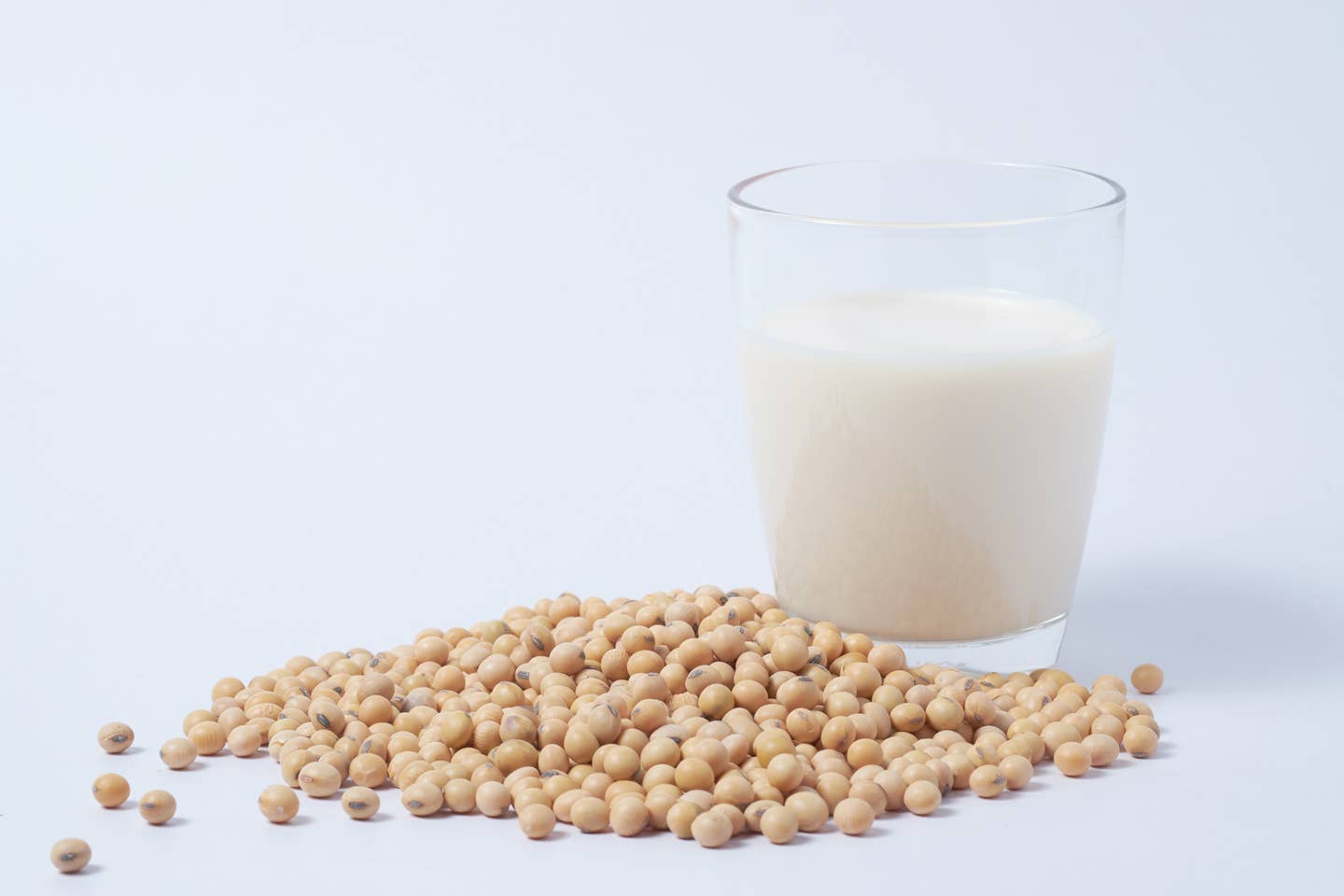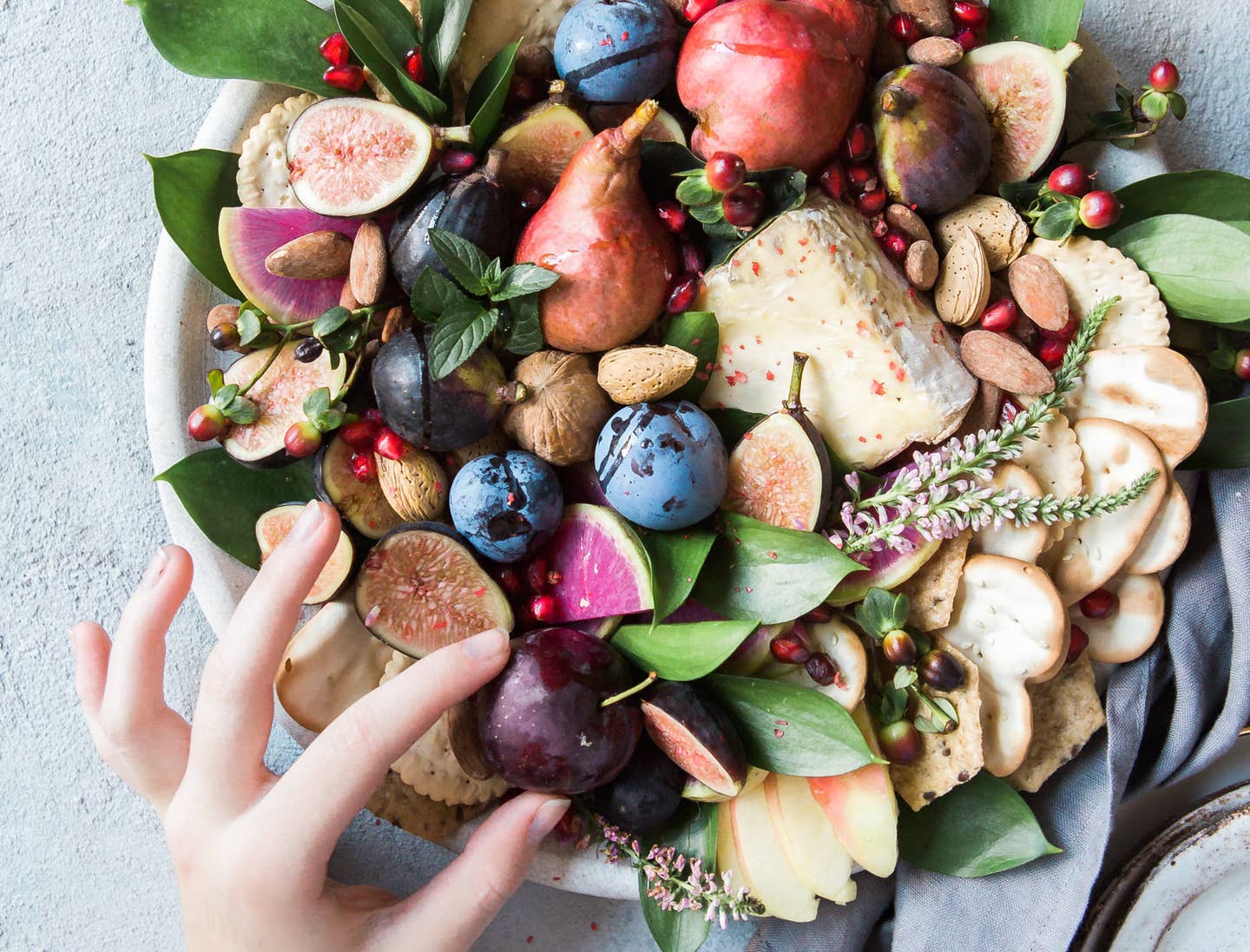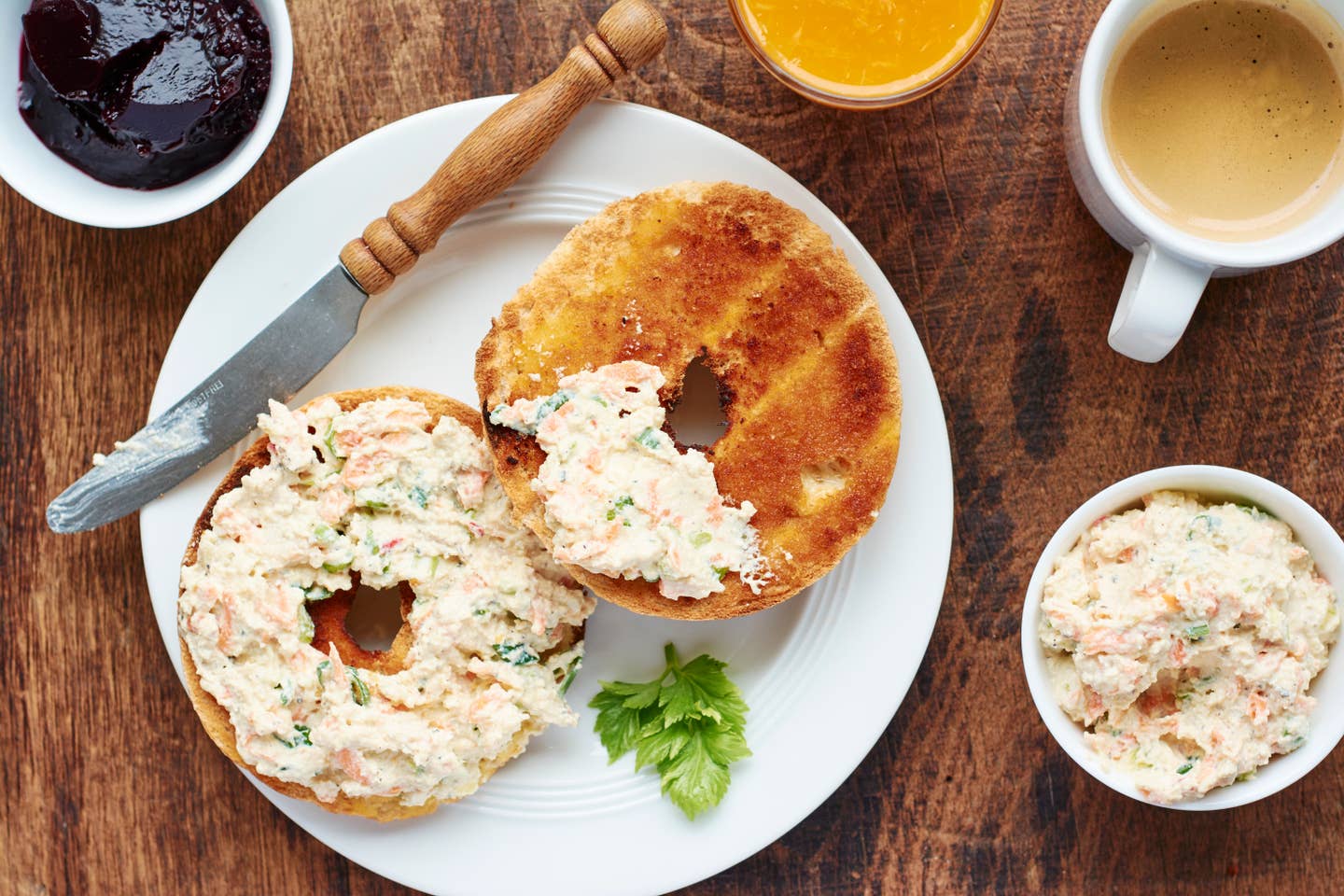
Move over, Oats. Protein-Packed Pea Milk is the Next Alternative You Need to Try
You can hate peas and love pea milk. What the heck is 'pea milk'? Turns out, it’s much better than the name suggests. It's packed with healthy natural protein, low in carbs and tastes more similar to the real thing, if you like that, than many other plant-based alternatives.
When discussing a recent trip to the store, my friend raved about discovering a favorite new pea milk. I was intrigued by this newly trendy beverage and eager to try it. As someone who has struggled with food allergies for much of my life (and developed a major aversion to cow’s milk as a result), I’ve worked my way through a number of types of plant-based milks over the years with mixed results. I've learned to read labels and avoid those loaded with sugar since many plant-based milks are so nutritionally void it hardly seems worth the calories (let alone the price) to add them to my cart.
But pea milk—despite how terrible it may sound—offers more nutritional benefit than the average non-dairy beverage.
To Pea or Not to Pea?
Perhaps because of their tiny size, peas often get overlooked as nutritional wonders: They are packed with benefits. A half-cup serving clocks in around 62 calories with 4 grams of fiber and 4 grams of protein, so they’ll help keep you full and energized for hours. Even people who adhere to a low-carb diet can enjoy peas, as the American Diabetes Association lists them as a relatively low glycemic index food.
But let’s get back to pea protein: Unlike most plant-based foods, this legume is a major source of protein, which is why Time magazine called peas the "Frontrunner in the Race to Replace Meat and Dairy." Its 8 grams of protein per cup, and inexpensive production funnel, is why many plant-based burgers (like the Beyond Burger) bases its protein on peas. And it's what has made pea milk and other pea products increasingly popular among those looking for a healthy vegan swap for products such as egg, whey, and collagen.
So How Do They Make Pea Milk?
Made from dried yellow peas, pea milk is naturally lactose-free, soy-free, gluten-free, and the country’s two leading producers, Ripple and Bolthouse Farms, are both dedicated to using non-GMO ingredients. Though some varieties have higher sugar content, a quick glance at the label will help you steer clear of any unwanted or added sweeteners.
Another benefit of pea milk is its comparatively low environmental impact; yellow peas naturally grow in areas that don’t require the type of irrigation needed to grow almonds or cashews or to raise cattle. Peas require 25 times less water to produce than dairy milk, and peas require 1,000 times less water to produce almond milk.
Give Peas a Chance
From a consumer standpoint, the most important factor in choosing a milk is taste. How does it stack up? To find out, I purchased the Ripple’s Unsweetened Original pea milk, which contains 8 grams of protein and 4.5 grams of fat per serving, and more calcium than cow’s milk (465 mg compared to about 300 mg for 8 oz.).
Although I haven’t had a glass of milk since I was about nine years old, the first thing I did was pour myself a sample ounce. The flavor and texture were both surprisingly milk-like, which I felt was a good start, and thankful that there was little aftertaste.
Next up, and for me the most essential of all challenges on the milk obstacle course, I put it to the iced coffee test. Not only did a couple of tablespoons add richness on par with creamer, I became immediately intrigued by the possibility of turning my latte into a high-protein drink. Next, I tried pea milk in various recipes, including a fruit smoothie (it blends perfectly), in my morning bowl of cereal (it fared better than my usual choice of almond milk, which is watery in comparison), and then in a pasta sauce (the creamy texture needed a little more work, but that is more than likely to be blamed on my cooking technique, not the pea milk).
At the end of the trial, I was suitably impressed and ready to add pea milks to my recommendation list, especially for people who consume more milk than I do. If you love regular dairy milk, this is a great substitute. As for me, I’ll buy it again (especially for my lattes) and reap the benefits from the mighty pea.
Check out The Beetmeter below to see how Ripple Pea Milk ranks for health and taste!

Ripple Pea Milk, Original
Give Peas a Chance!
3
Health
4
Taste
Editor's Take
This milk is the perfect texture for coffee—slightly creamy and super smooth. On its own, it's pretty refreshing—and yes, it's made from yellow peas! With 8 grams of protein, it's a great choice for after a workout or anytime. If you're not interested in a little added cane sugar, look for an unsweetened variety, but overall, the nutrition facts make this milk alternative a winner.
EXPERT RATING:
More From The Beet






